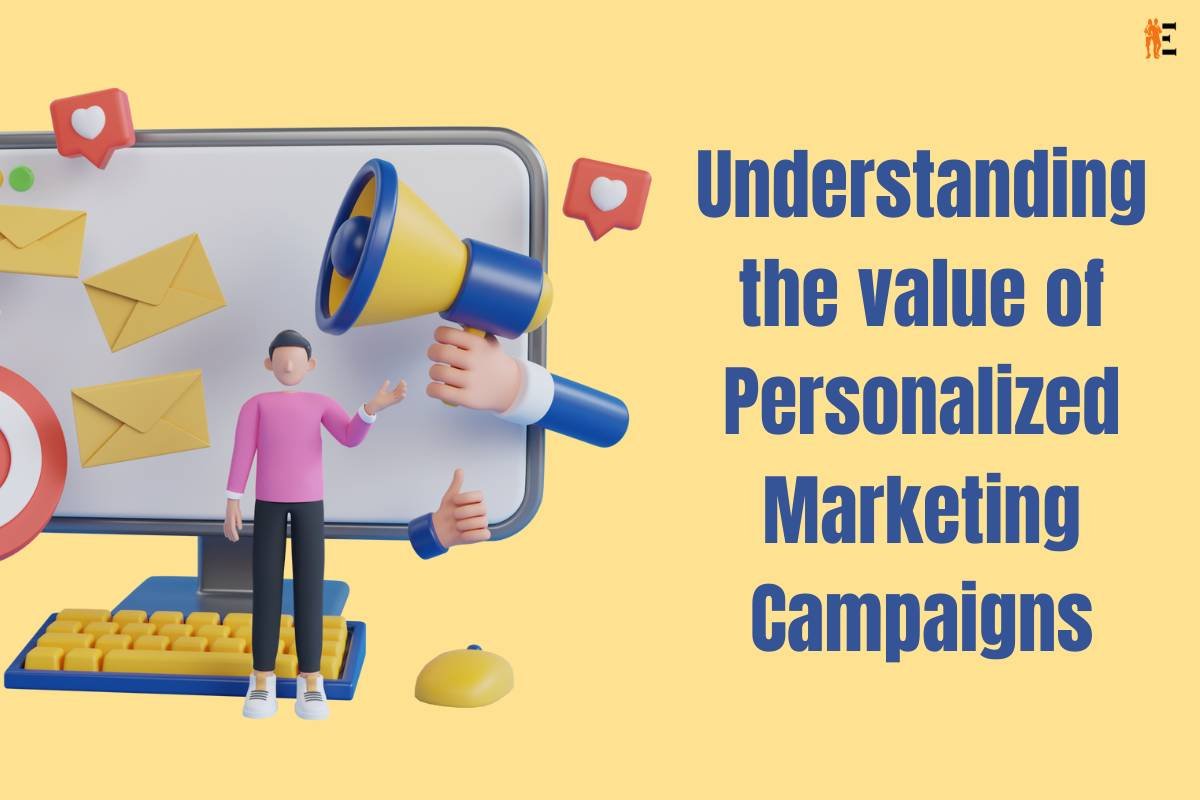Wooing consumers by drawing a picture in front of them is an art. The art form is known as storytelling in marketing terms. People love everything that is new and enticing. Visuals help people to remember. Even created visuals for that matter. In conversations, most of the time we speak in the form of storytelling without quite noticing it. Stories inspire us, entertain us, ignite curiosity, and compel us to believe what is told to be true. As a person goes on telling a story we go on imagining it simultaneously, as he/she speaks. This storytelling in marketing is used by organizations to get people engaged and at least have a look at the brand’s website or social media handle.
Storytelling in marketing is the use of a narrative to convince prospects that the product and the brand are good and of use. Ads are deemed as annoying by many people; this is the exact time to prove it wrong. The power of storytelling is huge, it is a proven psychological hack to enter people’s subconscious minds.
The effectiveness of it should be consistent in making the entry to prospects’ subconscious minds. How? Let’s find out:
Understanding the Essence of Storytelling in Marketing
This technique goes beyond the traditional “buy now” or product-focused ads. Instead, it focuses on creating a narrative that captivates the audience’s attention, evokes emotions, and forms a memorable connection. Unlike other forms of advertising that center around product features and benefits, storytelling marketing delves into the narrative aspect of a brand’s journey, values, and impact. This approach transforms advertisements into relatable, human experiences rather than just sales pitches.
The Psychology Behind Storytelling Attraction

The psychological appeal of storytelling lies in its ability to trigger emotional responses. Stories activate various parts of the brain, including those responsible for emotions, sensory experiences, and memories. When people engage with a compelling story, they become emotionally invested, forming a bond with the characters and situations presented. This emotional connection creates a lasting impact, and as a result, they are more likely to remember the brand and its message.
Prospects Magnetized by the Power of Storytelling
Prospects are drawn to storytelling due to the innate human nature to connect with narratives. In a cluttered digital landscape, where countless advertisements vie for attention, a well-crafted story stands out as a breath of fresh air. The storytelling approach resonates with the desire for authenticity and relatability, making prospects more receptive to the brand’s message. Instead of feeling like they’re being sold to, they perceive the brand as a source of inspiration or solutions.
Benefits of Storytelling in Marketing: From the Customer’s Perspective
1. Story sharing with the public:
From the customer’s perspective, storytelling in marketing offers a multitude of benefits that go beyond the immediate transactional exchange. Firstly, it fosters a sense of trust and transparency. When a brand shares its journey, challenges, and successes, customers feel like they’re getting a glimpse behind the scenes, creating an authentic connection. It makes the people nostalgic as they get reminded of their professional or personal journey. This transparency engenders trust, which is a cornerstone of strong customer relationships.
2. Touching the right emotional chords:
storytelling marketing engages customers on an emotional level. Human beings are wired to respond to emotions, and when a brand’s narrative triggers positive feelings, it forms a powerful association. Humans are emotional beings who love to relate own feelings with each other’s brands. This emotional tie contributes to brand loyalty and advocacy, as customers become not just buyers but enthusiastic supporters of the brand’s story.

3. Relatable values and mission:
storytelling in marketing transcends the product itself and addresses the broader values and mission of the brand. When customers resonate with a brand’s values, they are more likely to align themselves with it. Resonation with the brand makes people engage with the brand’s website or social media handle at least once. Upon looking at them both, if they can still align with the said philosophy by the brand, they go ahead and give a thought on purchasing. This sense of alignment creates a community of like-minded individuals who not only buy the product but also endorse the brand’s philosophy.
Interplay of Brand Psychology, Brand Health, and Storytelling in Marketing
The interrelation between brand psychology, brand health, and storytelling in marketing is a symbiotic one. Brand psychology delves into how customers perceive and interact with a brand, influenced by emotions, experiences, and associations. Storytelling amplifies these factors by weaving a narrative that taps into customers’ emotions, shaping positive perceptions and memories.
Brand health, in turn, reflects the overall vitality and resonance of a brand in the market. Storytelling in marketing contributes to brand health by enhancing engagement, customer loyalty, and brand recall. When customers feel emotionally connected to a brand, they are more likely to choose it over competitors, resulting in better brand health.
Are Brands Harnessing the Full Potential of Storytelling in Marketing?
The answer to whether brands are making enough use of storytelling in marketing is a mix of yes and no. While many brands have recognized the power of storytelling and incorporated it into their strategies, some still rely on conventional advertising methods. The brands that have embraced storytelling have seen remarkable results, including increased customer engagement, higher brand recall, and improved customer loyalty.
However, there are still instances where brands underutilize storytelling or fail to execute it effectively. This can happen when brands focus too much on the narrative itself and neglect to align it with their core values. Effective storytelling requires authenticity and consistency; if a brand’s story feels forced or incongruent, it can lead to skepticism among customers.
Creating Meaningful Connections Through Storytelling
One of the most profound outcomes of storytelling in marketing is the sense of connection it fosters between the brand and its audience. When a brand shares its challenges, triumphs, and purpose, customers feel like they’re part of the journey. This connection goes beyond the transactional aspect of buying and selling; it becomes a relationship built on shared experiences and values.

Customers who feel connected to a brand are more likely to become brand advocates. They willingly share their positive experiences with others, both online and offline. This organic word-of-mouth promotion amplifies the reach of the brand’s narrative, turning customers into storytellers themselves.
Conclusion:
Storytelling in marketing is not just a passing trend; it’s a fundamental shift in how brands communicate and connect with their audiences. Its psychology-driven approach taps into the human need for connection, emotion, and authenticity. Through effective storytelling, brands can create lasting connections, enhance brand psychology, and elevate brand health. While some brands have embraced this approach wholeheartedly, others are still exploring its potential. The brands that succeed in incorporating storytelling effectively stand to gain not just customers, but loyal brand advocates who believe in the story they’re a part of.











